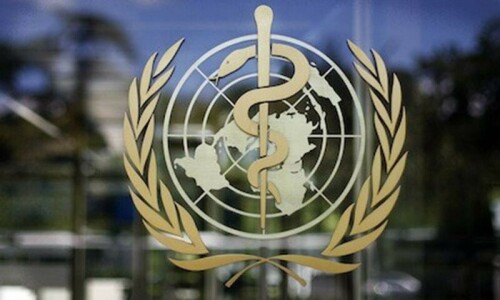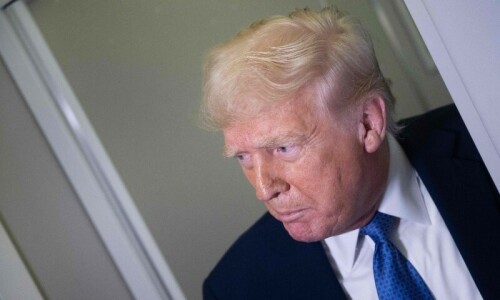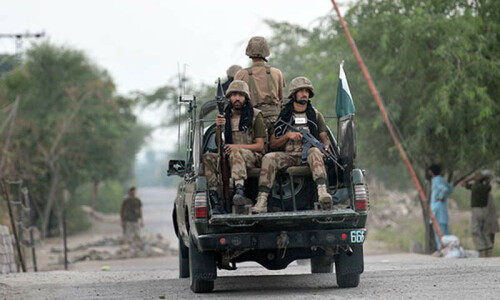
WUHAN: WHO experts on Sunday visited the market in central China linked to the first known Covid-19 cluster, seeking clues about the outbreak of the pandemic as a number of nations further tightened restrictions to stop the coronavirus.
France’s borders were to close at midnight to non-European countries, a day after Germany imposed a ban on most travellers from nations hit by new, more contagious coronavirus variants.
And authorities in Australia imposed a snap five-day lockdown in Perth after the detection of a single case in the city of roughly two million people.
The emergence of the new variants has further complicated the fight against the coronavirus, which first emerged in late 2019 in Wuhan before unleashing death and economic devastation around the world.
A World Health Organisation team visited the Huanan food market in Wuhan as part of its fieldwork in a politically sensitive mission to investigate the origins of the pandemic.
Their visit is being tightly controlled, and the WHO has already lowered expectations of pinpointing the source of the virus, which is known to have infected more than 102 million people so far with over 2.2 million deaths. The experts did not take any questions from journalists as they visited the market.
In recent days, Chinese authorities have relentlessly pushed a positive narrative of heroism and decisive, swift action against the virus.
But it has faced criticism at home and abroad for its handling of the initial Wuhan outbreak and its lack of transparency.
With mass vaccination programmes still in their infancy and struggling with supply, unpopular restrictions on business, movement and travel remain among the few options available to governments fighting the virus.
At midnight on Sunday, France was to close its borders to all non-EU travellers except those on essential trips, after closing big shopping centres except those selling food; while Portuguese citizens will be unable to travel abroad except in “special cases” for two weeks.
On Saturday, Germany barred most travellers from countries battling the new virus variants, a decision that affects people from Britain, Ireland, Portugal, Brazil, South Africa, Lesotho and Eswatini.
Even nations that have largely brought their outbreaks under control are wary of a resurgence. The lockdown in Perth, Australia, was ordered after a security guard at a quarantine hotel tested positive.
In the United States, the world’s hardest-hit nation, the Centers for Disease Control and Prevention issued a sweeping order requiring people to wear masks on virtually every form of public transport.
Published in Dawn, February 1st, 2021













































